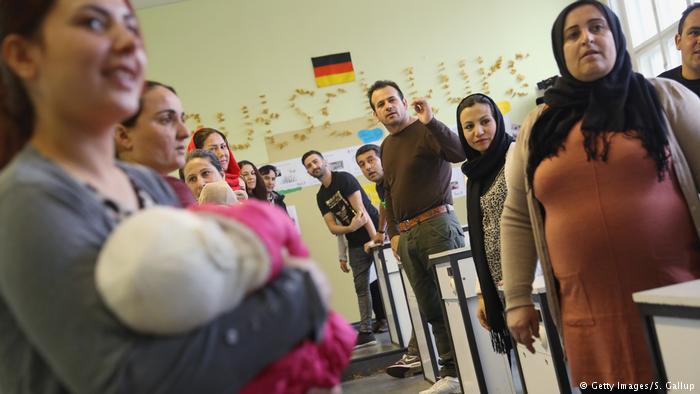“All forms of forced migration of citizens are prohibited, and any violation of that is a crime with no statute of limitation.”
The above is Article 63 of the Constitution, while Article 62 states that “freedom of movement, residence and immigration is guaranteed, and no citizen may be deported from the territory of the State, nor prevented from returning to it. And if a citizen is prevented from leaving the territory of the State or kept under house arrest, it should be by judicial warrant for a definite period of time and in conditions prescribed by the law.”
Other articles stipulate equality of all citizens regardless of race, language, religion and sex.
Despite all that, we see incidents of forced migration of Coptic citizens by direct order of community leaders whose decisions are overseen by security and executive bodies for material or moral gains. The material gain is manifested in a share of the booty, or rather the properties of the Coptic families that have been forcibly displaced, while the moral gain is in the form of relief from the fact that people of the other religion have been dispensed with. For extremism and fundamentalism still nestle in many of the state bodies and institutions.
Forced migration is a punishment often applied only to Coptic Egyptians as a result of some true or fabricated incident. In the seventies, Coptic families from Upper Egypt, particularly from Assiut and Minya, were either forced to leave by extremist groups or pay extortion money, all under the eyes of security forces and state bodies.
This might have been logical under Sadat because it was he who supported extremist Islamist groups and even supplied them with weapons, such as the Jamaa Islamiya that was founded in Assiut at that time.
This trend continued under Mubarak and culminated under the Muslim Brotherhood, especially after the January 2011 revolution, when we started to hear about strange things like cutting the hair of a woman in the metro because she was not wearing a headscarf, and cutting a young man’s ear for holding his fiancée's hand.
One famous incident was in the Amiriya district of Alexandria, when community leaders deported a Coptic elder and sold his property after rumors were circulating about a young Copt going out with a Muslim girl.
Investigations revealed that the story of the young Copt and the girl was untrue and that the main objective was to seize the property of the elder and take over his business.
The story of the Darwish village in Beni Suef is no different. It started with the claim that some young Coptic man living in Jordan posted insults about Islam on Facebook, which he denied. This prompted the Muslim villagers to defend Islam and burn the house of the young man’s family. Then the mayor extorted the family out of LE250,000 and community leaders ordered the family to leave the village, while the governor and the security director were in full knowledge of the goings on.
Regardless of whether the Facebook story was true or false, what happened was a heinous crime that exposed the intolerance and extremism of state institutions and the slow reaction of executive bodies in dealing with such incidents, leaving community leaders to manage things their own way, far from the Constitution and the law.
Copts, especially the young generation, are blaming the church for failing to pressure the government to end this strife. Some of them even accuse the Pope of siding with the government.
In my opinion, Article 63 of the Egyptian Constitution must be firmly enforced and community leaders' rulings must be abolished. Also, any official not abiding by this must be punished.
This all depends on political will and a genuine desire to apply the law and really face discrimination among Egyptians, otherwise constitutions would be no more than ink on paper.
Edited translation from Al-Masry Al-Youm

